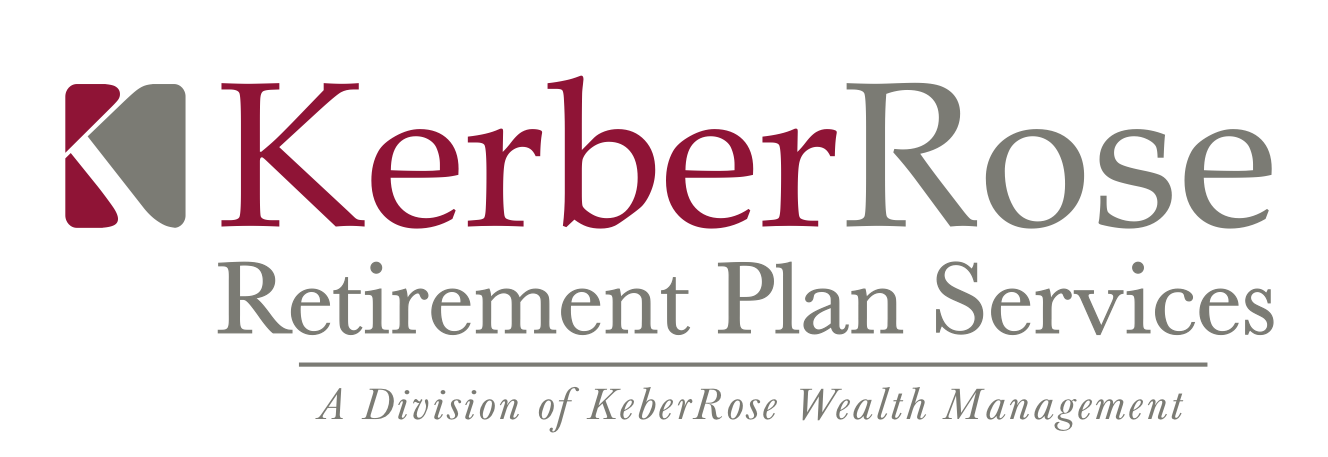Millennials Know It All. But, Are They Saving for Retirement?
Millennials – they’ve infiltrated the workplace and bring expertise in social media, individuality, technology and hipster bars. But, what do they know about saving for retirement? Typically, younger people don’t make retirement savings a priority. Living expenses, student debt, rent or house payments, and other day-to-day expenses mean that retirement savings take a back seat. In fact, a Franklin Templeton Investments survey from January 2016 says that 40 percent of millennials don’t have a retirement plan in place, and 57 percent haven’t started saving.1 That attitude, however, will make it much more difficult to have a secure retirement later, according to seasoned retirement plan advisors.
The main thing that millennials are sacrificing by not saving now is time. Time allows funds to grow through compounding, and that can turn relatively modest savings into much larger nest eggs. For example, saving $50 each month in a retirement account earning 6.5 percent annually and compounded monthly would generate retirement savings of $226,781 over 50 years. A millennial who starts saving the same amount 30 years later, allowing it to only compound for 20 years, would have only $24,525 at the end of the 20 years.2
And $50 each month isn’t a huge amount, even for a cash-strapped millennial. Some other retirement savings tips you can share with your millennial employees are:
Take full advantage of employer-sponsored retirement plans, like 401(k) or 403(b) plans. Funds contributed to these tax-advantaged programs grow free of taxes, which means more money stays in the account to generate interest.
Contribute at least as much as your employer is willing to match. If your employer matches three percent of your salary, you should start by contributing that much.
Otherwise, you’re “leaving money on the table.” Your employer match instantly increases your contribution, and your money grows faster.
Don’t worry about not being an investment expert. Many retirement plans now offer target-date funds (TDFs). Also known as lifecycle or age-based funds, TDFs automatically adjust your investment assets as you age, so you don’t need to balance your funds yourself.
One common objection millennials have about contributing to an employer-based retirement fund is that they may not stay with that employer. Actually, very few people stay with a single employer for their entire careers, and they should be reminded that retirement plan funds can be rolled over into a new employer’s plan or rolled over into an IRA if they leave their job.
2http://www.bankrate.com/calculators/savings/simple-savings-calculator.aspx
